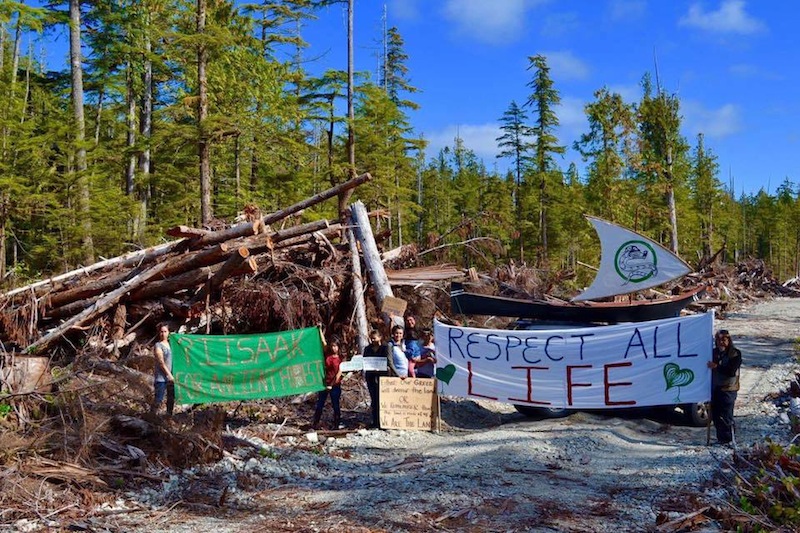
Comment: Tla-o-qui-aht demand protection of ancient forest
Here's an amazing article by Tla-o-qui-aht band members Tsimka and Gisele Martin, speaking on behalf of the Tla-o-qui-aht Initiative for Interconnected Community Health, calling for the protection of the remaining old-growth forests in Tla-o-qui-aht territory in Clayoquot Sound and focused on concerns about logging at the Kennedy Flats (near the highway on the way to Tofino) and potentially at Tofino Creek. Photo taken at Kennedy Flats courtesy of Gisele Martin. Their territory also includes the famous Meares Island, home to some of the largest trees on Earth, the Clayoquot Valley, Kennedy Lake, and Kennedy Valley.
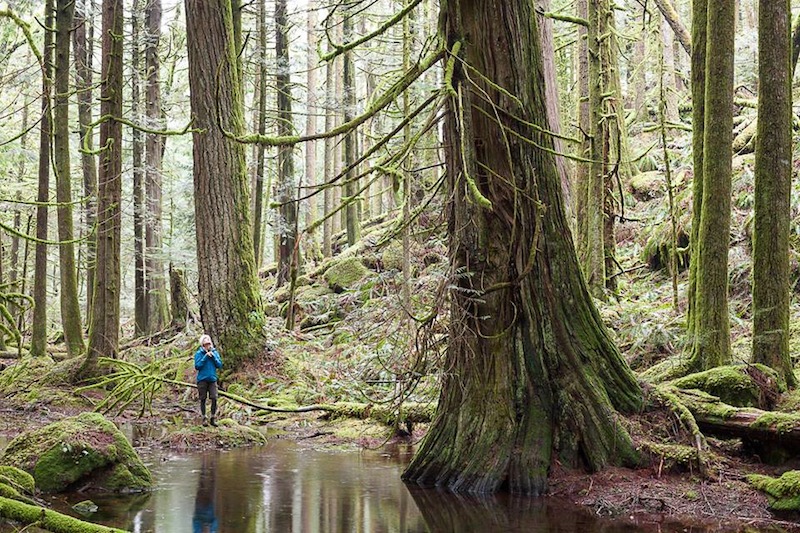
Echo Lake’s Old-Growth Forest and Eagle Roost Under Threat!
Here's a new article written by the AFA's Ken Wu for the Footprint Press, a naturalist/ environmental magazine serving the eastern Fraser Valley, about the endangered Echo Lake Ancient Forest east of Mission. While the south and west sides are protected by an Old-Growth Management Area, the north side and also the central "ancient redcedar valley" with the largest old-growth trees are all open for logging. So far the road-building has not begun, but many of the ancient trees have been spray-painted and surveyed for future cutblocks. Photos by the AFA's TJ Watt.
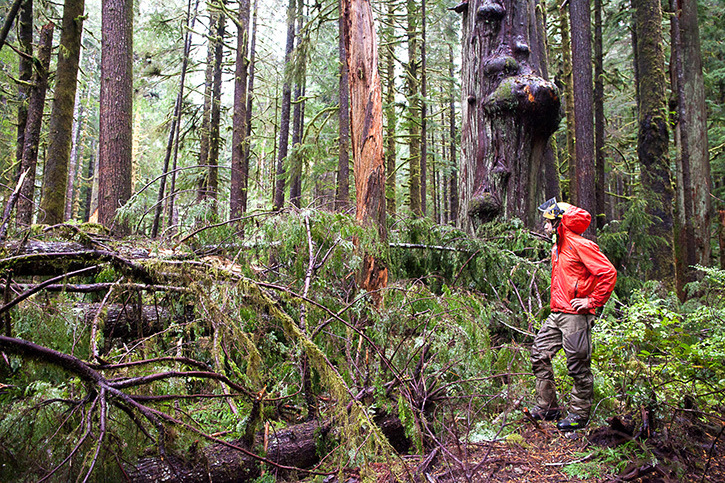
Avatar Grove boardwalk damaged by windstorm
"Hurricane-force winds ripped through the area on Oct. 15 resulting in 30 trees crashing down over the Avatar Grove Trail in the lower grove area, damaging sections of the boardwalk. None of the grove’s famed ancient Western redcedars or Douglas fir fell during the storm. The Ancient Forest Alliance completed the boardwalk a week before the storm, in a project that took three years and involved hundreds of volunteers."
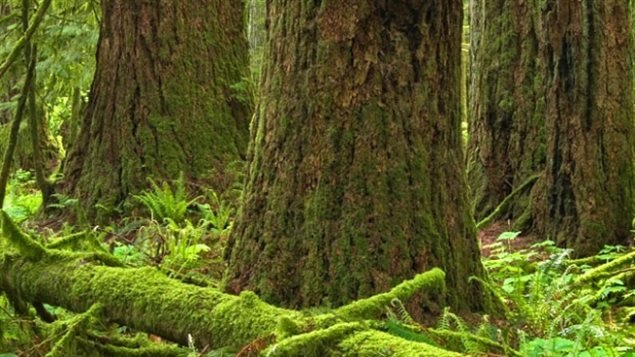
Des tours guidés pour sensibiliser les Chinois à la protection des forêts de C.B.
Here is Radio Canada's article in French on the Ancient Forest Alliance's planned old-growth tours in Mandarin and Cantonese for the half a million Chinese-speakers in the Lower Mainland.
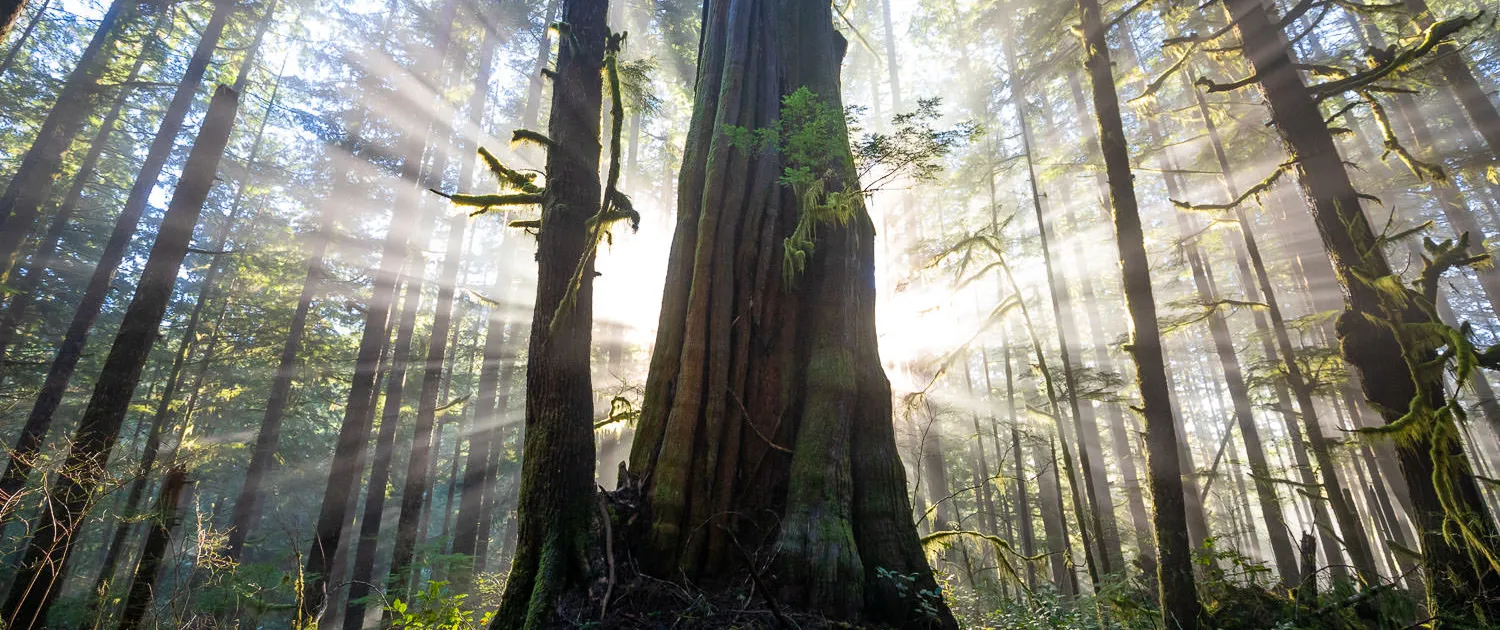
CTV News: Chinese-Language Ancient Forest Tours
Here's the CTV News video coverage of the Chinese-Language Ancient Forest Tours program that we're developing, which aims to engage the half a million Chinese speakers in the Vancouver region to diversify and broaden the movement to protect old-growth forests!

CBC News: Chinese-Language Ancient Forest Tours
Here's the CBC News video coverage of the Chinese-Language Ancient Forest Tours program that we're developing, which aims to engage the half a million Chinese speakers in the Vancouver region to diversify and broaden the movement to protect old-growth forests!
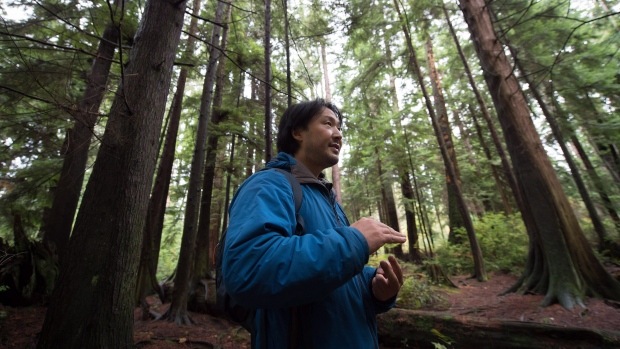
Forest tours offered in Chinese to promote conservation in B.C.
Here's a new Canadian Press article about our Chinese-language Ancient Forest Tours, which aims to engage the half a million Chinese speakers in the Vancouver region to diversify and broaden the movement to protect old-growth forests, which in recent times now also includes businesses and chambers of commerce, unions and forestry workers, local governments in the UBCM and AVICC, and naturalist clubs across the province calling for old-growth protection.
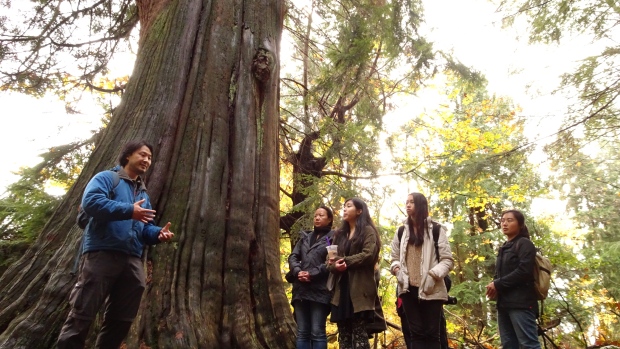
Ancient Forest Alliance offering Stanley Park tree tours in Mandarin, Cantonese
Here's a CBC piece about the launch of our Chinese-Language Ancient Forest Tours (at least the training for the volunteers - the actual public tours in Mandarin and Cantonese are still at least a couple months away). Take note that these will simply be public nature walks (not protests or anything like that!), and it's through the AFA that tour participants can later choose to find out how they can take action to protect other areas - but the emphasis on the tours is to simply see the big trees and learn about the ecology, plants, animals, and conservation status of old-growth forests in Mandarin and Cantonese. Also note that we're not anti-logging, but rather we support sustainable second-growth forestry but are against the logging of endangered old-growth forests, such as those on Vancouver Island and in the southwest mainland etc.
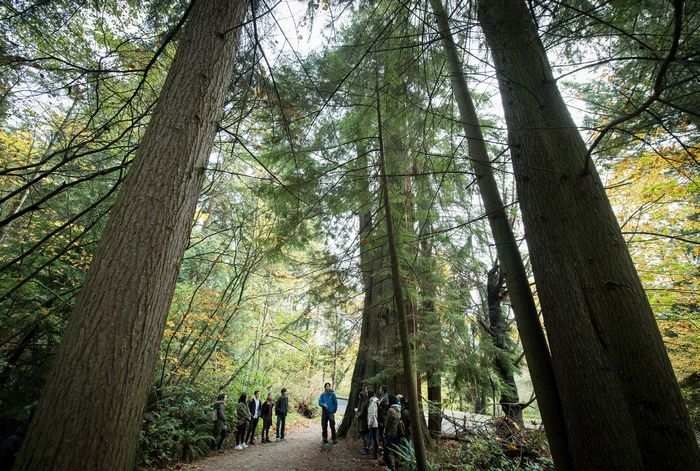
Chinese-language forest tours to educate more B.C. residents on conservation
Here is today's Vancouver Sun article about the Chinese-Language Ancient Forest Tours program that we're developing. Volunteer educators who we are training about old-growth ecology and conservation issues will be doing the tours starting in Stanley Park at dates to be announced. Note that the tours are also open to those who are interested in learning Mandarin or Cantonese.
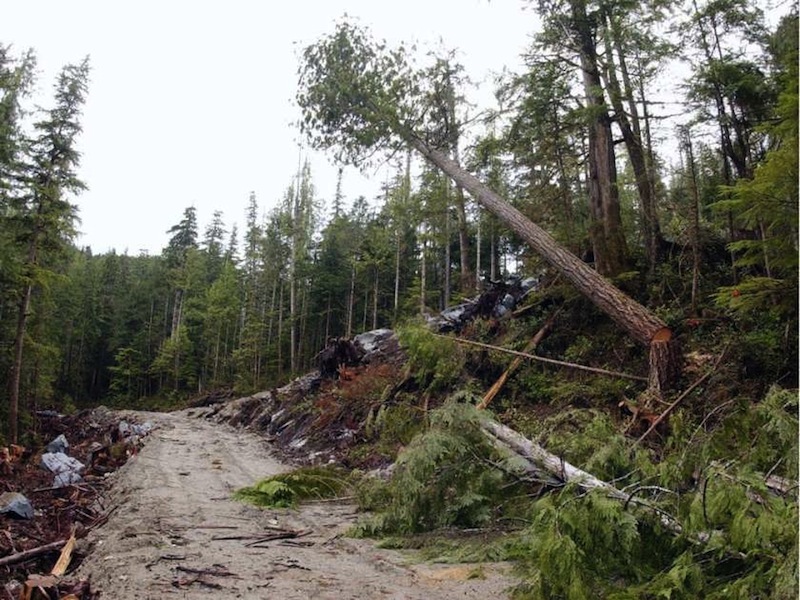
Opinion: Vancouver Island’s rainforest and communities need urgent action
Check out this excellent summary opinion piece about BC's endangered old-growth forests by diverse authors from labor, business, First Nations, enviro-group & science.
Take Action
 Donate
Donate
Support the Ancient Forest Alliance with a one-time or monthly donation. Send a Message
Send a Message
Send an instant message to key provincial decision-makers.Get in Touch
Earth-Friendly Web Design by Fairwind Creative
- Home
- About Us
- Our Work
- Ancient Forests
- Recent News
- Photos & Media
- Map of Gallery Regions
- Themes
- Videos
- Inland Rainforest
- Mainland
- Haida Gwaii
- Sunshine Coast
- Sunshine Coast: Powell River
- Vancouver Island South
- VI South: Caycuse Watershed
- VI South: Mossy Maples
- VI South: Port Renfrew
- VI South: Port Alberni
- VI South: Walbran Valley
- Vancouver Island Central
- VI Central: Clayoquot Sound
- VI Central: Cortes Island
- VI Central: Tahsis
- Vancouver Island North
- Take Action
- Store
- Donate
